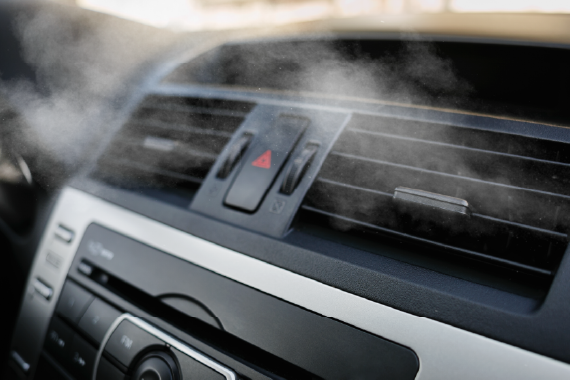We collaborate to achieve sustainable success
Get in touch with usThe Imperative for Importers to Transition to Reclaimed and Low-GWP Refrigerants
The European Union's F-Gas Regulation (EU) 2024/573 has ushered in an era of unprecedented environmental controls, driving a definitive shift from a gradual phase-down to an explicit phase-out of hydrofluorocarbons (HFCs) by 2050. This ambitious target, coupled with new HFC production caps taking effect from 2025, necessitates a fundamental strategic pivot for importers: a comprehensive and accelerated transition away from virgin HFCs towards reclaimed refrigerants and, more importantly, a broader adoption of alternative, low-Global Warming Potential (GWP) refrigerants.
From 2025, EU producers will face a significant curtailment of their rights to manufacture HFCs, limited to 60% of their average annual production volumes from 2011 to 2013, with a further drastic reduction to just 15% by 2036. This measure directly curtails the introduction of new HFCs into the EU market, complementing the quota system that dictates the overall quantity that can be placed on the market. This impending supply squeeze is poised to create an immediate and significant supply shock for virgin HFCs in 2025, inevitably leading to a structural deficit and higher prices.
Given that demand for HFCs, particularly for servicing the vast installed base of existing equipment, has likely not decreased proportionally since the 2011-2013 baseline period, this disparity will inevitably create a structural deficit in the supply of virgin HFCs. This economic pressure elevates the strategic importance of securing reclaimed HFCs and dramatically accelerates the urgency for a comprehensive transition to alternative refrigerants. Businesses heavily reliant on virgin HFCs will likely face acute sourcing challenges, potentially leading to production bottlenecks or an inability to maintain and repair equipment, thereby threatening operational continuity.
The Imperative for Transition
The tightening HFC quota system, combined with new production caps, is intentionally designed to create scarcity and drive up prices for HFCs in the EU. This scarcity provides a strong economic incentive for businesses to explore and adopt alternatives. The regulation's ultimate goal is a complete phase-out of HFCs, making the shift to natural refrigerants and other climate-friendly technologies a long-term necessity.
For importers, this translates into a rapidly diminishing supply of virgin HFCs, necessitating a strategic pivot towards reclaimed refrigerants and, more importantly, a comprehensive and accelerated transition to alternative, low-GWP refrigerants.
Navigating the Shift
Successfully navigating this transition requires strategic foresight and adaptability:
- Prioritize Reclaimed HFCs: Where HFCs are still necessary, particularly for servicing existing equipment, importers should prioritize sourcing reclaimed HFCs. Developing long-term relationships with legitimate quota holders or authorization managers who can provide these supplies is crucial.
- Invest in Low-GWP Alternatives: The long-term solution lies in a strategic shift to low-GWP or natural refrigerant alternatives such as CO2, ammonia, hydrocarbons, and water. This involves:
- Product Portfolio Redesign: Proactively reassessing and redesigning product portfolios to incorporate equipment designed for these alternative refrigerants. The new product prohibitions, which began taking effect in 2025, directly compel this.
- Equipment Upgrades: Advising on and facilitating the upgrade of existing equipment to be compatible with low-GWP refrigerants.
- Supply Chain Adjustment: Adapting supply chains to procure components and pre-charged equipment that utilize these new refrigerants.
- Training and Competence: Ensuring personnel are adequately trained in the safe handling of both F-gases and alternative refrigerants is paramount. The EU-wide standardization of training and certification programs underscores the importance of this.
- Due Diligence: Strengthening supply chain due diligence is crucial to avoid entanglement with illegal HFC trade, which often arises due to scarcity and high prices.
This proactive approach not only ensures future compliance with the F-Gas Regulation but also positions businesses as leaders in environmental responsibility, enhancing their market reputation and opening new business opportunities in a rapidly evolving, greener economy. The transition is not merely a regulatory burden but a strategic imperative for securing a competitive advantage and reducing long-term reliance on a diminishing and increasingly expensive resource.

